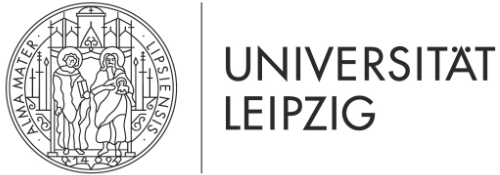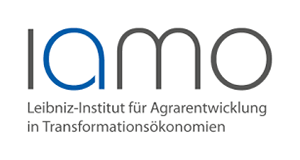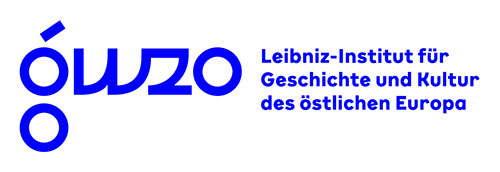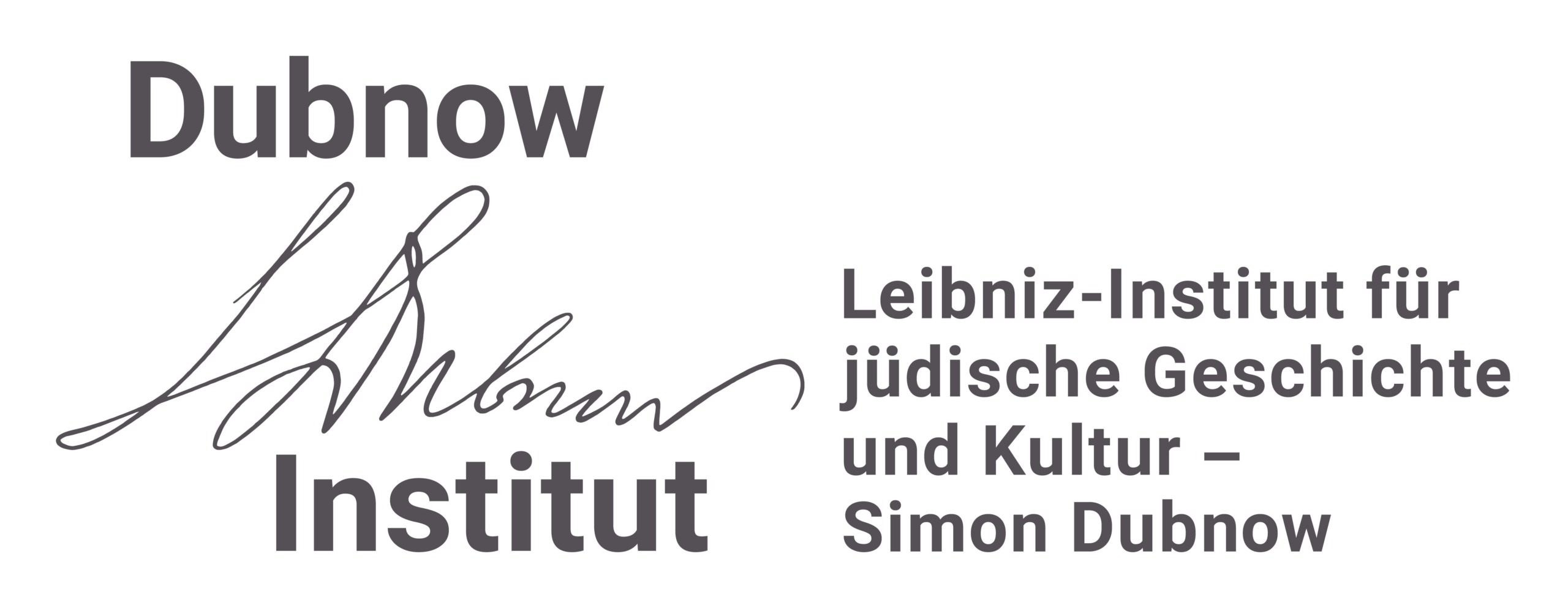Bálint Varga
Stay at EEGA: April- September 2019
Research Project: A Transnational History of the Late Habsburg Monarchy
Bálint Varga studied history, East European history and international relations in Budapest and Heidelberg, earned an MA degree from Central European University and a Ph.D. from University of Mainz. He is the author of The monumental nation: Magyar nationalism and symbolic politics in fin-de-siecle Hungary (Berghahn Books, 2016) which was awarded by the R. G. Plaschka Prize of the Austrian Academy of Sciences. His research interests include the social, cultural and intellectual history of nationalism, imperialism, and migration in East Central Europe in the 19th and 20th centuries.
As an EEGA fellow, Bálint Varga works on a book project discussing the role of migration in the transformation of antebellum Hungary. The central hypothesis of the project is that transnational migration altered politics, society, and culture far deeper than previously held. Not only did migration create new, transnational avenues of societal and cultural change but it also prompted politics to imagine and construct concepts of nation and state in a transnational context. Migration thus made governmental circles embark on a diasporization policy which, in turn, was connected with the emerging Hungarian colonialism in Southeast Europe.
Interview with Bálint Varga:
#1 – Please present yourself and your research project
I am a historian working on the global integration of East-Central Europe in the period 1880-1918. In particular, I investigate the impact of transnational migration on the sending societies, the emergence of transatlantic and trans-European diasporas and the imperial tendencies in East and Southeast European politics.
#2 – How did you get to know EEGA ScienceCampus?
I invited Matthias Middell to a conference that I had organized back in 2017. He called my attention to the EEGA ScienceCampus.
#3 – What are the links between your research project and EEGA ScienceCampus?
As a historian of globalization with an East-Central European focus, EEGA ScienceCampus is perhaps the best institution to work at. It integrates a solid research institute of East-Central Europe and researchers working on practically all relevant aspects of globalization. All my research problems (migration, diasporas, empires) have been discussed at EEGA events which inspired my research a lot.
#4 – The benefit of EEGA ScienceCampus to me is…
… in a stimulating intellectual environment both on my actual research and on future project plans.








